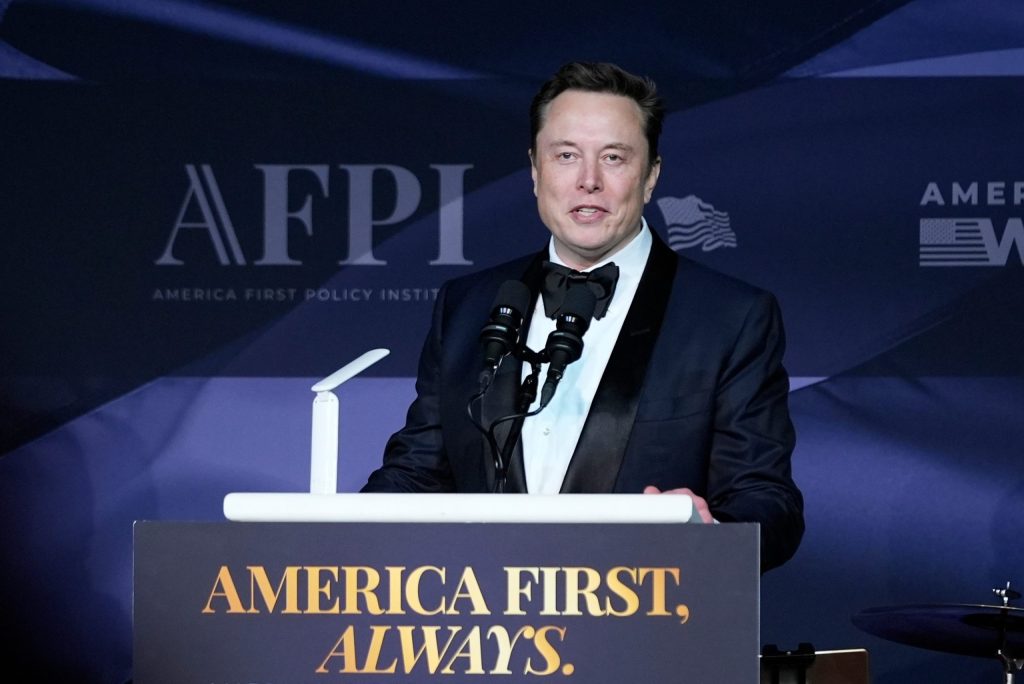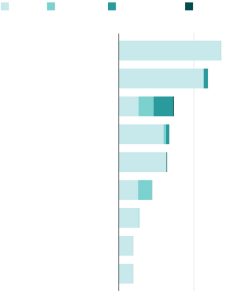Musk’s DOGE Agency Rocked by $1B Accounting Mystery and Privacy Breaches

Elon Musks Department of Government Efficiency (DOGE) faces mounting crises as financial discrepancies and legal challenges undermine its mission to streamline federal operations. New revelations about vanished savings and data privacy violations have sparked bipartisan concern in Congress.
Vanishing Savings and Accounting Questions
Watchdog group NOTUS exposed $962 million in suddenly disappeared savings claims from DOGE’s website on April 15, 2025. The agency removed a $1.1 billion contract with immigration legal services provider Acacia Center for Justice without explanation. DOGE had previously touted this termination as saving $367 million.
The purge affected 650 grants and dozens of contracts listed on DOGE’s transparency portal. This follows earlier accounting errors, including an $8 billion savings claim later corrected to $8 million. Budget analysts now question the agency’s credibility. “These discrepancies suggest either incompetence or deliberate obfuscation,” said former OMB director Russ Vought.

Privacy Lawsuits Mount
Fourteen active lawsuits allege DOGE illegally accessed sensitive data across eight agencies. Federal judges have issued temporary restraining orders after finding probable Privacy Act violations. A Massachusetts court blocked DOGE from accessing state resident records in February 2025.
Court filings reveal DOGE employees accessed Social Security numbers, tax returns, and student loan data without proper clearance. At the Treasury Department, an intern reportedly gained payment system editing rights for three hours before security intervened. “This constitutes gross negligence,” argued ACLU attorney David Cole during a recent hearing.
Operational Chaos Emerges
DOGE’s austerity measures have created bureaucratic gridlock. Scientists at NIOSH waited four weeks for $200 of dry ice due to new procurement rules. EPA staff used personal credit cards to buy water testing kits after agency cards got deactivated.
Musks original $2 trillion savings target now stands at $150 billion – 92.5% less ambitious. The scaled-back goals cancel promised taxpayer dividend checks. White House Press Secretary Karine Jean-Pierre maintains the program remains “essential for fiscal responsibility,” but House Oversight Chair James Comer calls it “a dumpster fire of mismanagement.”

Legal Reckoning Looms
Federal judges have delivered stinging rebukes in recent rulings. Judge Amit Mehta wrote that “constitutional safeguards outweigh efficiency gains” when blocking DOGE’s Department of Education data access. Legal experts identify potential Computer Fraud and Abuse Act violations through unauthorized database entries.
As Musk prepares to leave his government role, DOGE’s future remains uncertain. The agency continues operating under interim leadership while facing multiple congressional investigations. Senate Budget Chairman Sheldon Whitehouse promises “thorough scrutiny of every dollar claimed and every byte accessed.”
These developments underscore the challenges of reforming entrenched bureaucracy while maintaining legal and operational integrity. The Musks DOGE experiment reveals how radical efficiency measures can create new inefficiencies when implemented without adequate oversight or expertise.

